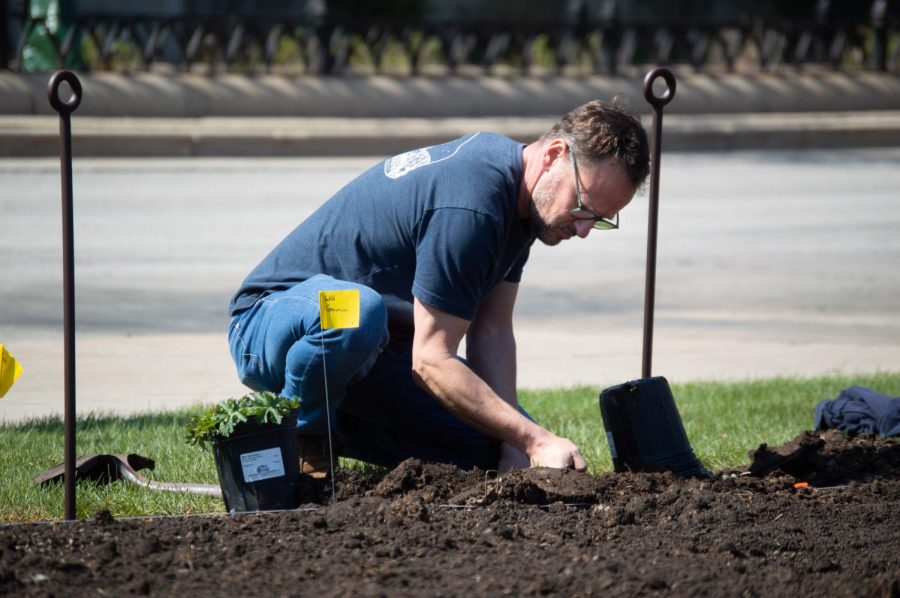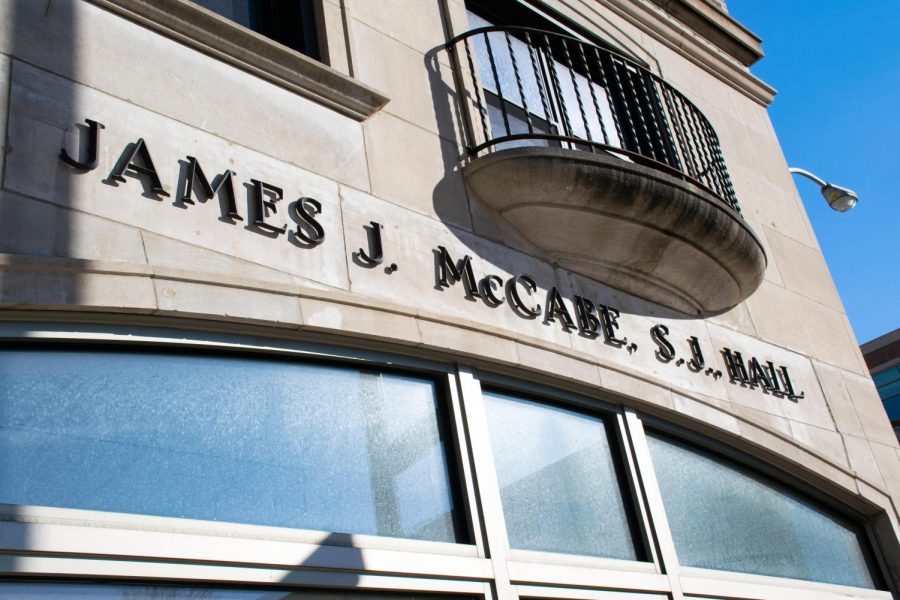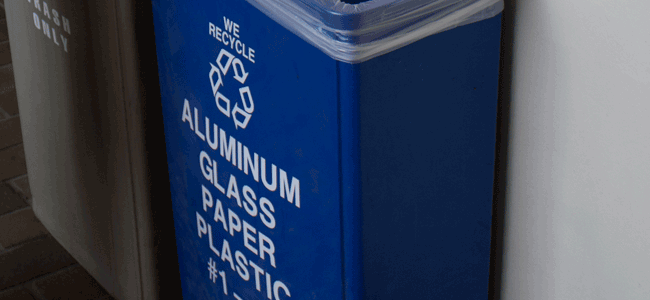Papers straws are in the process of replacing plastic straws in retail dining locations across campus, such as Marquette Place and Brew Cafes.
The switch is already underway, as part of Marquette’s sustainability initiatives that have been in place for the last decade or longer. A more formal and strategic approach, however, began in 2016.
“The switch to eco-friendly paper straws demonstrates our commitment to care for the environment through sustainability,” Campus Sustainability Coordinator Brent Ribble said in an email.
The transition from plastic to paper straws was announced via the Marquette Sustainability Twitter account. The tweet included a farewell to the plastic and a commitment to eco-friendliness with paper straws.
Sustainability at Marquette promotes environmental and social responsibility through academics, engagement, operations and leadership, according to the Marquette University Sustainability webpage. The webpage states sustainability meets the social, environmental, financial and economic needs of the present without compromising the ability of future generations to meet their own needs.
Plastic straws, among other plastic materials, can last 200 years before decomposing, affecting sea life and the overall environment.
“Plastic straws end up in landfills, waterways and communities where they persist for a long time as litter and ecosystem contaminants,” Ribble said.
Paper straws, however, will biodegrade relatively quickly, and are compostable.
“When people use a paper straw instead of a plastic one, they feel a sense of pride and agency,” Ribble said.
Ribble said this seemingly small change opens the door for people to contemplate more challenging problems, such as climate change and reducing all the other single-use plastics in our lives.
University spokesperson Chris Jenkins said in an email statement the switch to paper from plastic aligns with Marquette’s commitment to the sustainability of valuable resources.
“Marquette’s dining services team recently committed to begin phasing out plastic straws in our retail dining locations, such as Marquette Place and the Brew Cafes. They will gradually transition to paper straws that are more eco-friendly,” Jenkins said.
Ribble said students, faculty, staff and community members can engage in activities that promote social responsibility, health, environmental welfare and economic security by living car-free, eating a plant-based diet and to reduce, reuse and recycle.
“The switch is a step forward toward creating a culture and ethic of sustainability here at Marquette; it demonstrates sustainability leadership,” Ribble said.









